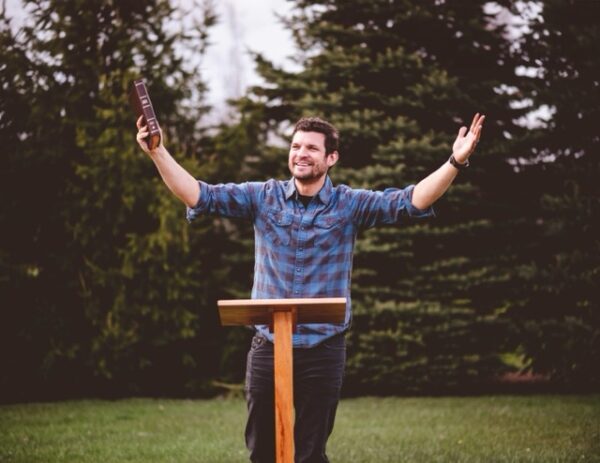
Introduction
In this short reflection paper, I will discuss two … Read the rest

In this short reflection paper, I will discuss two … Read the rest

我要欢迎所有来到波特兰华人福音教会的朋友们,如果你是第一次或者你最近来到波特兰,来到参加我们教会的聚会,欢迎你们。也欢迎所有弟兄姊妹。知道弟兄姊妹一周生活不容易,来到有时候我们来教会聚会都不容易,我们要经过很多的挣扎、挑战。我们现在坐在这都是神的恩典。欢迎大家。
我们开始的时候,有一个祷告。
主啊,我们祈求你今天早上借着你的话帮助我们认识到主你在教会的心意,特别是在一个健康的教会的传道人究竟是怎么样的人。请你垂听我们的祷告,奉耶稣基督的名求,阿门。
今天的主题是传道人,健康教会的传道人。
有许多人对传道人的认识都不一样。有人以为是说,传道人是什么人呢?随传随到的人就是传道人。有些人认为传道人是一个好像一个公司的CEO,是教会请来带领教会的总裁。有些人认为传道人是一个修道士,他是不食人间烟火的修道士。有些人认为传道人是住在象牙塔的神学家,他一天到晚就想着一些不实际的神学思想。有一些人甚至认为传道人是他的敌人,在讲台骂他,然后他就在背后反对传道人。
那究竟什么是传道人?传道人的责任是什么?这个是今天我们要去思考的问题。
我们最近教会开始了一封书信,一个讲道系列,是讲提多书。特别我们要从提多书里面认识到什么是健康的教会。我们前面已经分享了提多书的几个信息。提多书是使徒保罗写给他的同工,年轻的同工提多的一封书信。是保罗写的13封书信里面,三封的教牧书信的其中一封书信。
在这封书信里面,我们已经认识到,在开头的时候,保罗就在他介绍提多的时候,介绍这个书信的时候,我们就看见他书信里面说到了福音。那我们就认识到整个健康教会,一个教会怎么能够健康呢?它的根据是福音,耶稣基督的福音。
那么我们也看见,之后我们看见一个健康教会的长老。保罗吩咐提多去克里特,在这个地中海的一个大岛里面做一件事,就是要设立长老。他告诉他长老的要求是什么。我们学习到这个长老的要求是灵命的成熟的男人,还有他有教导的恩赐。… Read the rest